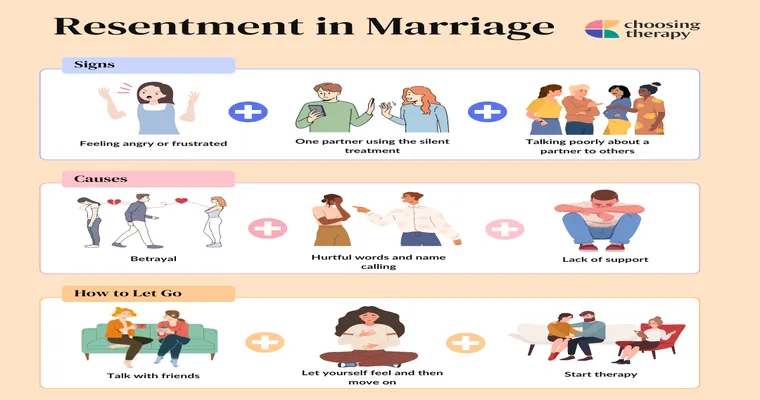Many individuals face the difficult decision of prioritizing the "healthcare" needs of a loved one over their own. This scenario is not uncommon, as countless stories illustrate how caregivers often delay their own "medical treatment" to ensure that their family members receive the "continuous care" they require. This article explores the emotional and physical implications of such choices and the impact on caregivers' well-being.
The role of a caregiver can be incredibly rewarding, but it also comes with significant challenges. Many people find themselves in situations where they place their loved ones' needs above their own, leading to the postponement of essential "medical appointments" and treatments. This self-sacrifice can stem from a deep sense of responsibility, love, or even guilt, creating a complex emotional landscape for those involved.
Research indicates that caregivers are at a higher risk for experiencing "stress", anxiety, and other health issues themselves. When caregivers delay their own medical care, they often face a deterioration in their physical health, which can further complicate their ability to provide care for others. This cycle of neglecting personal health can lead to a situation where caregivers become overwhelmed, risking burnout and potentially affecting the quality of care they can provide.
Moreover, the act of delaying medical care can have long-term consequences. For instance, untreated conditions can escalate into more serious health issues, making it even more challenging for caregivers to balance their responsibilities. It is essential for caregivers to recognize the importance of their own health in the caregiving equation. Seeking regular medical attention and prioritizing self-care can improve not only their well-being but also enhance the quality of care they offer to their loved ones.
Support systems play a vital role in helping caregivers manage their dual responsibilities. Family members, friends, and community resources can provide relief and encouragement, allowing caregivers to take the necessary time for their own "healthcare needs". Additionally, professional support services, such as counseling and respite care, can offer caregivers the tools they need to maintain their health while providing the best possible care to their loved ones.
In conclusion, while it is understandable that many people may choose to delay their own medical care for the sake of a loved one, this decision can have serious implications. It is crucial for caregivers to prioritize their own health needs alongside those of their loved ones. By doing so, they can sustain their ability to provide "continuous care" effectively, ensuring that both they and their loved ones can thrive.





